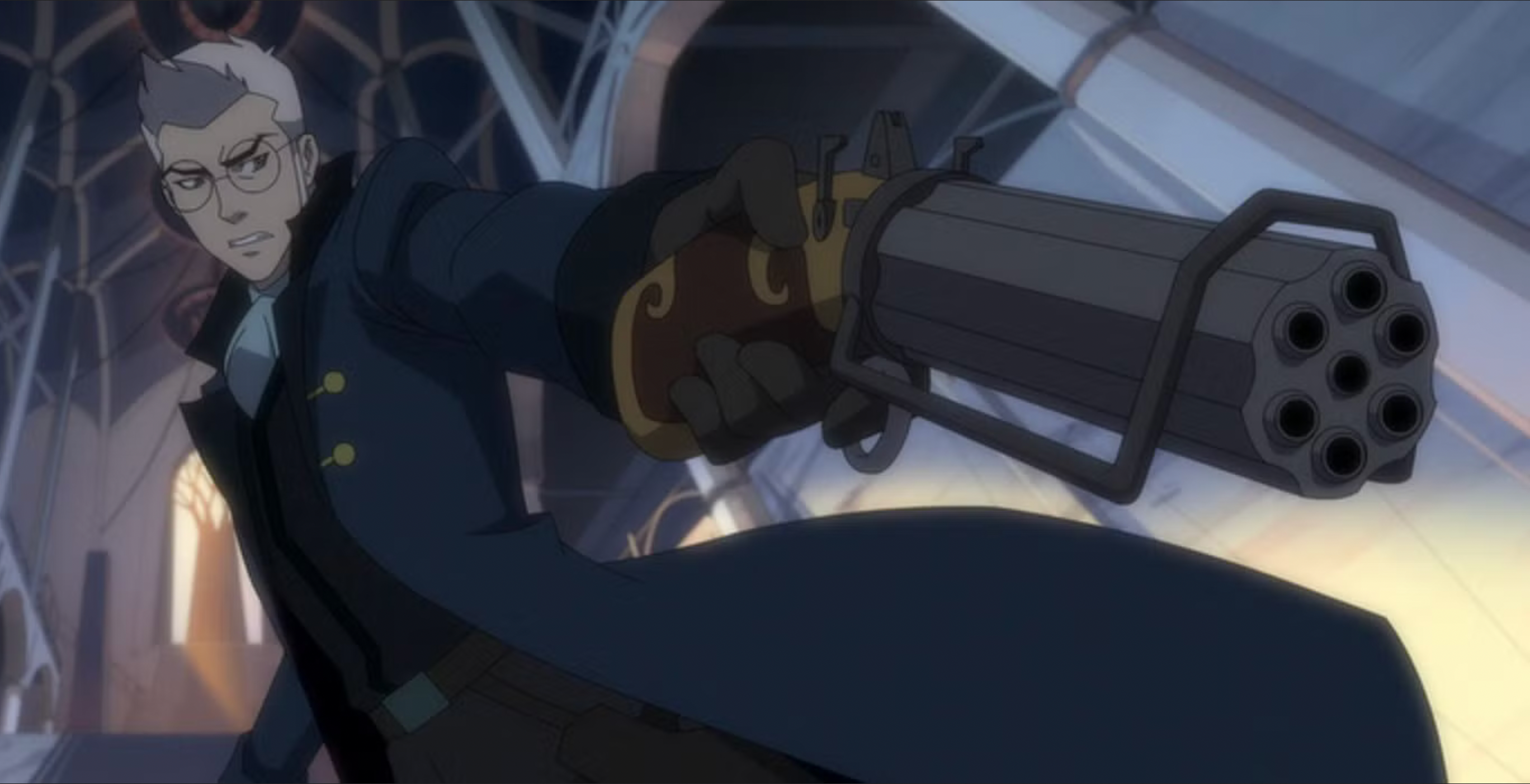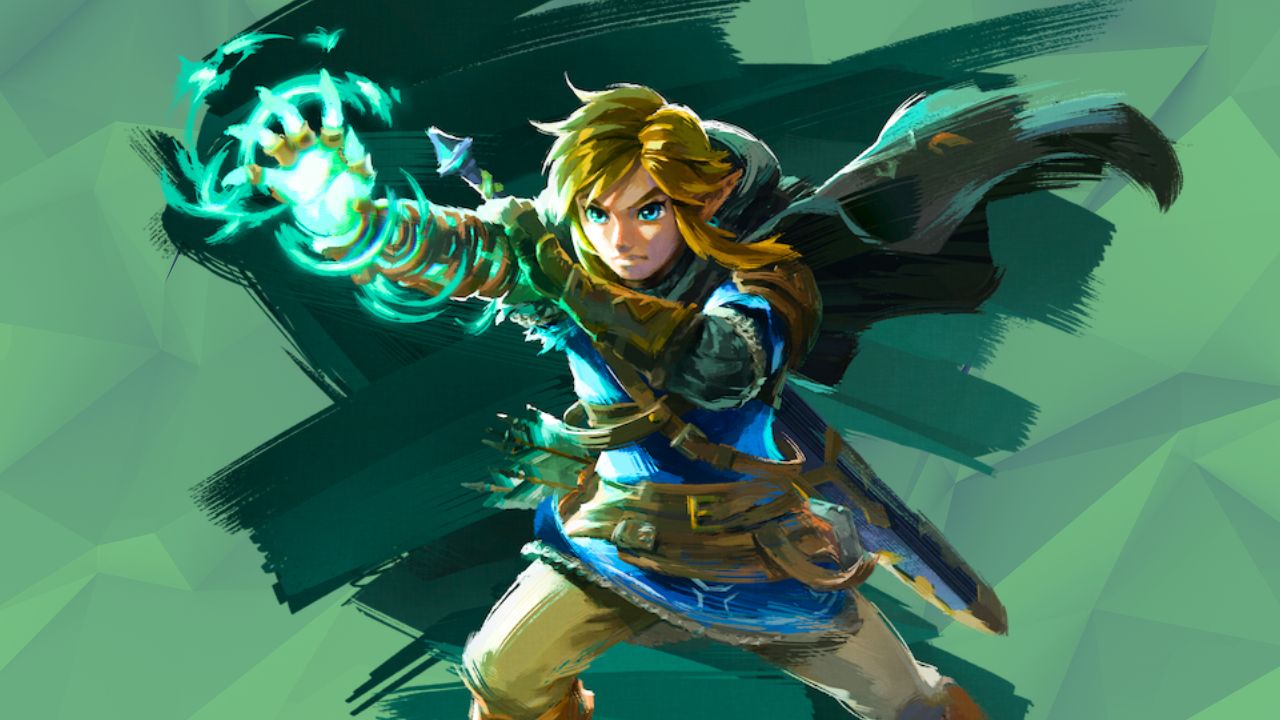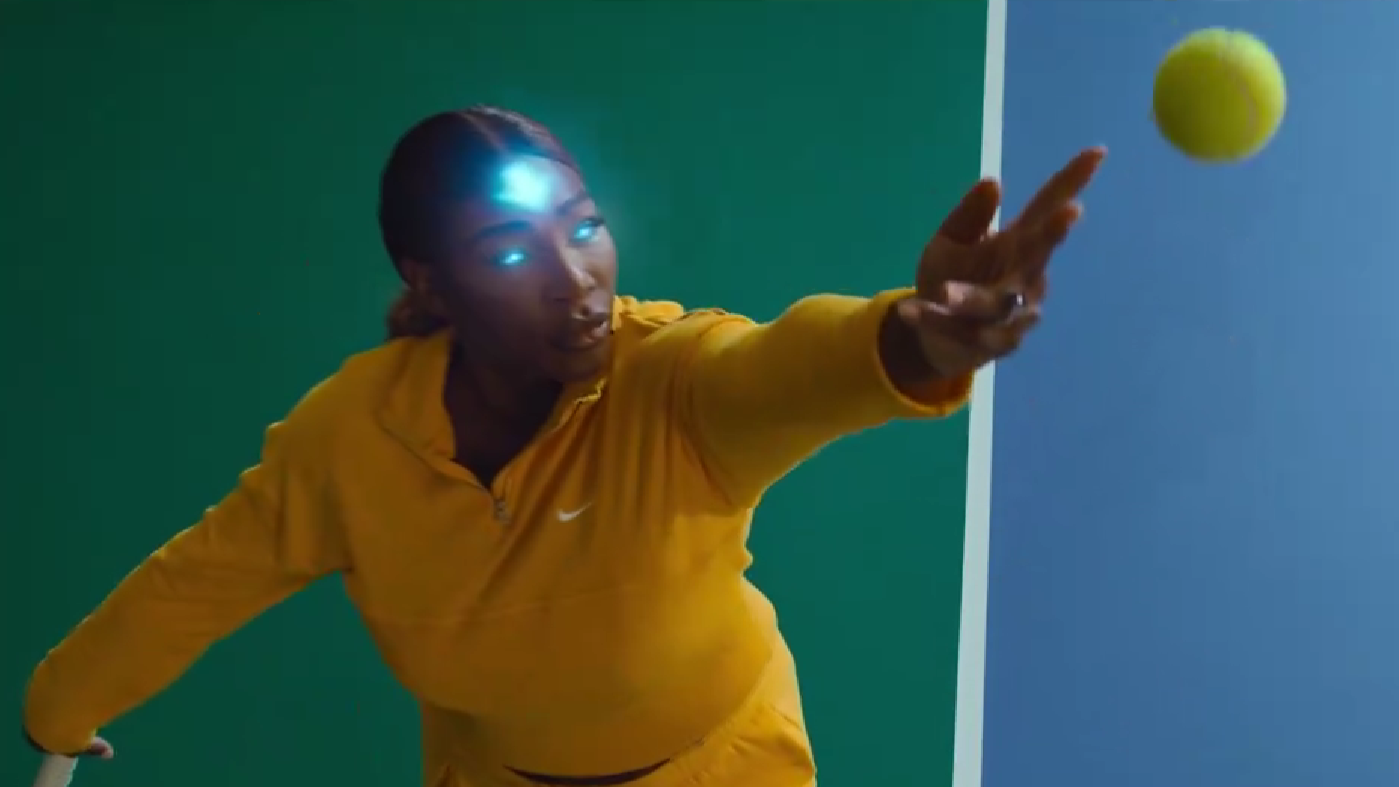This article contains spoilers for The Legend of Vox Machina Season 3.
The Legend of Vox Machina Season 3 kicks off with an arc that Critical Role fans will be quite familiar with. Percy’s (Taliesin Jaffe) character arc is connected pretty heavily to his pepperbox which, in this world, is the first gun. The gun control conversation has been a fervent one in this country for decades and now, nine years after the campaign first debuted, things have only gotten worse.
While Taliesin wasn’t able to join us for our interview at Fantastic Fest, Marisha Ray, Liam O’Brien and Travis Willingham — all executive producers and creators of The Legend of Vox Machina — were able to speak to Percy’s complex story and how it’s only gotten more pertinent as time has gone on.
“Taliesin was, I think, brilliant when he made Percy originally, and tying in this gunslinger thing, bringing in firearms into the world, balancing invention against consequence [and] how that's handled,” Willingham says. “Obviously it'll have ripples throughout Exandria. It's not just something that's in Vox Machina, it's in Mighty Nein, it's a pervasive thing. But also having Orthax, the shadow demon, come back from Season 1 and then pop up in Season 3. And I think for me, as a fan of fantasy, understanding the rules of trying to squash a demon of that variety, and also knowing that other characters can seek vengeance and also bring that in as well was really, really interesting and will obviously affect Percy [...] I don't think that's something you shake off.”
Orthax the shadow demon trades in vengeance, something that’s been deeply rooted in Percy’s character from the start. Now that he’s begun to move on from that impulse (and, y’know, been given a new lease on life), Orthax’s hold has gotten more complex. While he’s now tied to Ripley (Kelly Hu), her goal to put pepperboxes in the hands of the defenseless in order to level the playing field is tied to her goal of ultimate vengeance against those who wronged her village, yes, but it’s also connected to Percy as the creator of the weapon itself.
“What I love is that our villains in particular, they have their points,” says Ray. “There is no such thing as a black-and-white argument. So there's elements to Ripley's argument where she's like, ‘I feel like some of this is unfair. You have mages and wizards running around blasting fireballs. Where does that leave the rest of us when wanting to defend ourselves?’"
Ray hits the nail on the head when it comes to Ripley’s complexity. Her thirst for vengeance may have twisted her into a monster, but she’s not necessarily wrong in her desire to protect the masses from the, forgive the reductiveness here, bigger guns.
When I was first getting introduced to the series back in Season 1, all I could think every time Vox Machina ran into battle was “now what is this gangly human gonna do when he’s surrounded by elves and barbarians and magic users?” Percy balances the scales with more than just his pepperbox but, from the outside looking in, it’s easy to tie his survival up to this point directly to his weapon.
“It's a recurring theme that I think pops up in different places for us in this animated series and elsewhere, just who gets to hold the power on different scales,” O’Brien adds.
For someone like Ripley, a woman who had everything ripped away from her, it’s hard to want anything but that power balance. Especially when all she wants at this point is revenge for what she’s lost. And, in a world full of dragons and mages, how can humans expect to protect themselves if not through weaponry?










